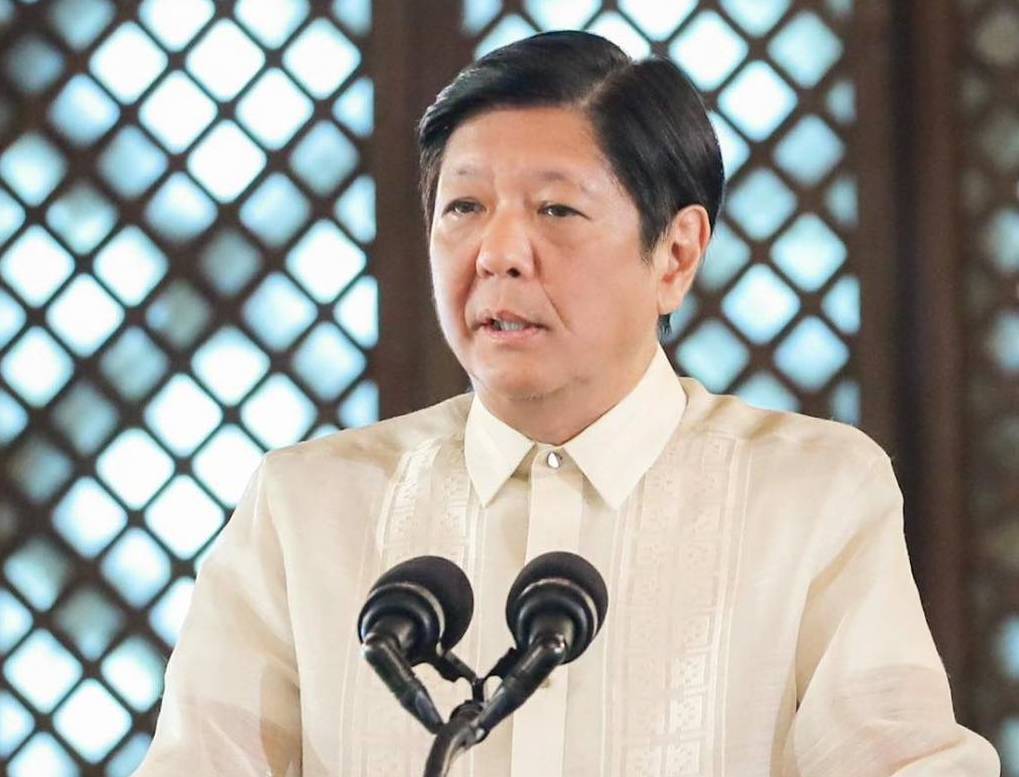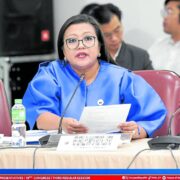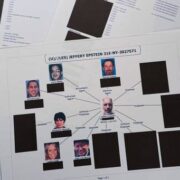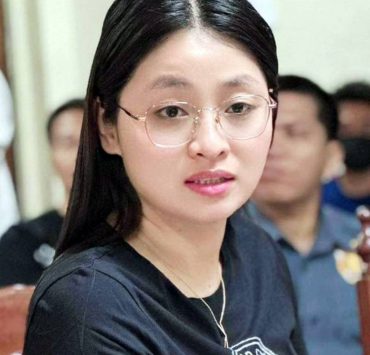Marcos to keynote UN-led summit on drug policy reform

President Marcos is scheduled to keynote on Wednesday a summit on drug abuse that aims to review and reform the country’s drug laws and policies and consult the people affected by their enforcement.
The three-day Philippine Drug Policy and Law Reform Summit to be held at Diamond Hotel was organized by the United Nations Joint Programme on Human Rights (UNJP), the Department of Justice (DOJ) and other partner agencies and institutions.
The event is scheduled this month as the framework of the UNJP is due to conclude by July 31. The landmark agreement was signed in August 2021 by the United Nations and the Philippine government, even amid the drug war on the watch of then President Rodrigo Duterte.
Mr. Marcos, only months after his June 30, 2022, inauguration as president, said he was shifting the government’s antidrug campaign toward rehabilitation. He also articulated that policy in his second State of the Nation Address last year.
The summit that the President is scheduled to address aims to conduct a review on the country’s drug policies and their very foundation, the Comprehensive Dangerous Drugs Act of 2002 (Republic Act No. 9165).
UNJP, which is based on a human rights approach and the humane treatment of drug dependents, is composed of UN entities, state agencies such as the Dangerous Drugs Board, institutions like the UP College of Law, and civil society stakeholders like the Drug Policy Reform Initiative.
‘Opportunity for change’
The organizers urge the public to take part in the forum and submit a documentation of their experiences. A team led by professor Glenda Litong, director of the UP Law Center Training and Convention Division, continues to gather data in addition to nearly 60 documents since the call for submissions was announced in May.
Daniele Marchesi, country manager of UN Office of Drugs and Crime, the main UN entity leading the drug summit, said the UN is “looking forward to the government’s commitment to review its national drug law through the lens of human rights that puts public health at the center.”
He noted the government’s attention to jail overcrowding. “As many persons deprived of liberty are incarcerated for drug-related offenses, criminal justice sector reforms and addressing jail and prison issues would contribute to improving further [the] health and human rights situation in the context of drugs,” Marchesi said in reply to emailed questions.
Adeeba Kamarulzaman, a member of Switzerland-based Global Commission on Drug Policy, said the Philippines had created “an opportunity for change and a space for some new discussions” about drug use.
“But in order to deliver meaningful change in the human rights situation, more attention and pressure is required from state and development partners,” she said.
“Protecting and respecting human rights in the implementation of all drug-related policies and practices is an obligation,” she said.
“Put people’s health first. Ineffective and harmful enforcement-led approaches must be replaced with responses that prioritize public health and community safety, recognizing the fundamental human right to health.”
“It is also essential for the Philippines to continue working through human rights institutes and existing mechanisms to ensure human rights implementation within the context of its current framework as applied to drugs,” Kamarulzaman said.
‘Access to justice’
In an interview, Litong emphasized the factors acknowledged by many as contributing to the rampant problem of drug use—poverty, lack of opportunities, lack of access to basic services, punitive policies and restrictions on Filipinos’ rights to exercise their freedom.
“The problem is not drugs but the flaws in the preparation of a person to have access to health, education and livelihood and enjoyment of their human rights,” she said. “If you do not create that environment, people will go into using and abusing narcotic drugs.”
“There is a need to look at poor Filipinos’ access to justice,” Litong said. “The poor, who are just using the crumbs from the transnational, cross-border drug trade controlled by the powerful, are further marginalized by the repressive and prohibitive measures that outrightly criminalize drug use.”

















